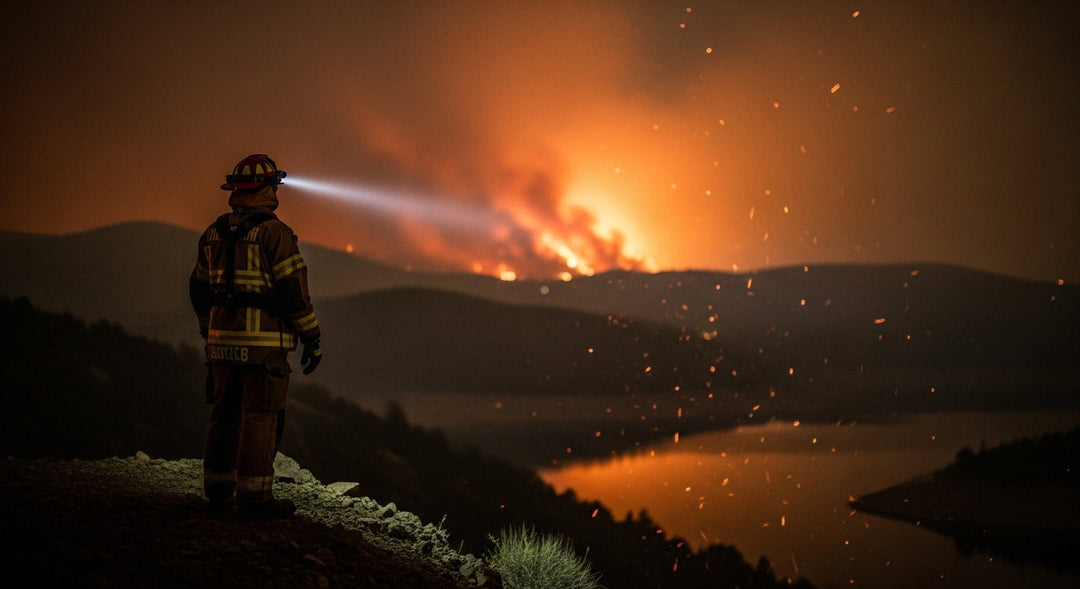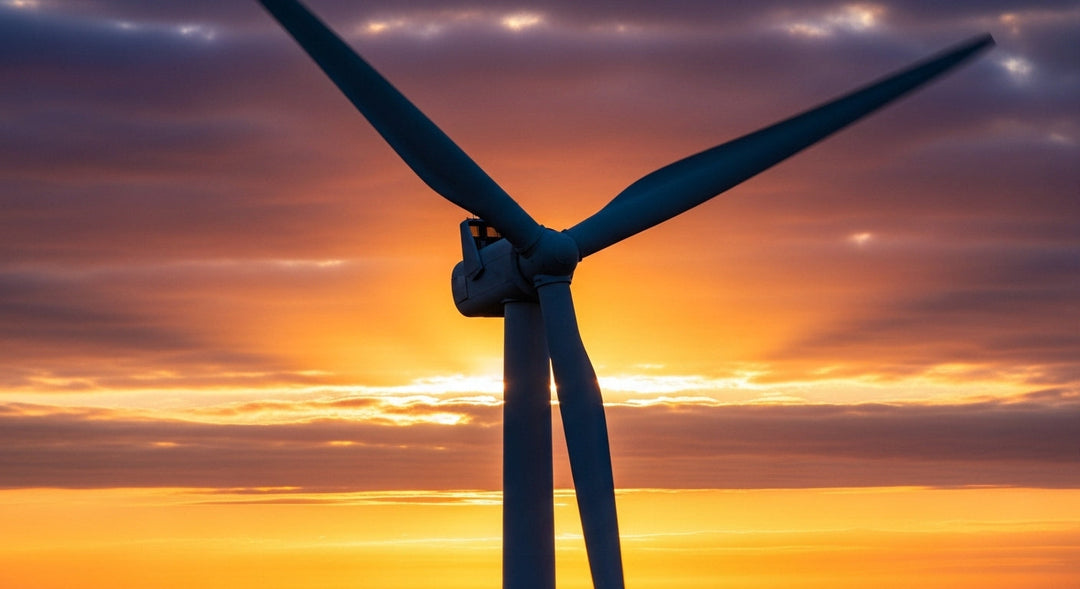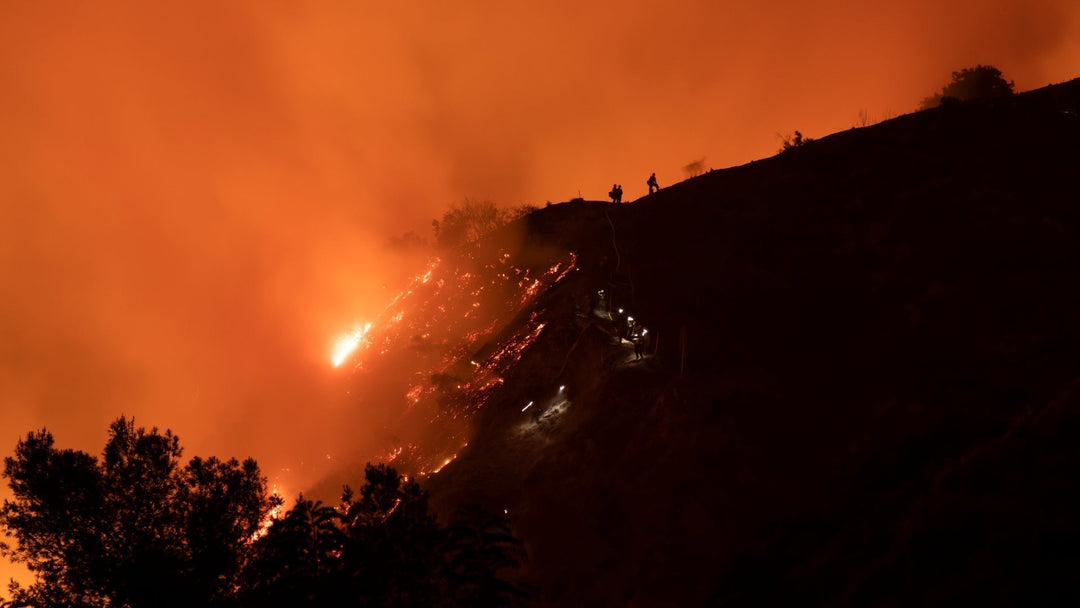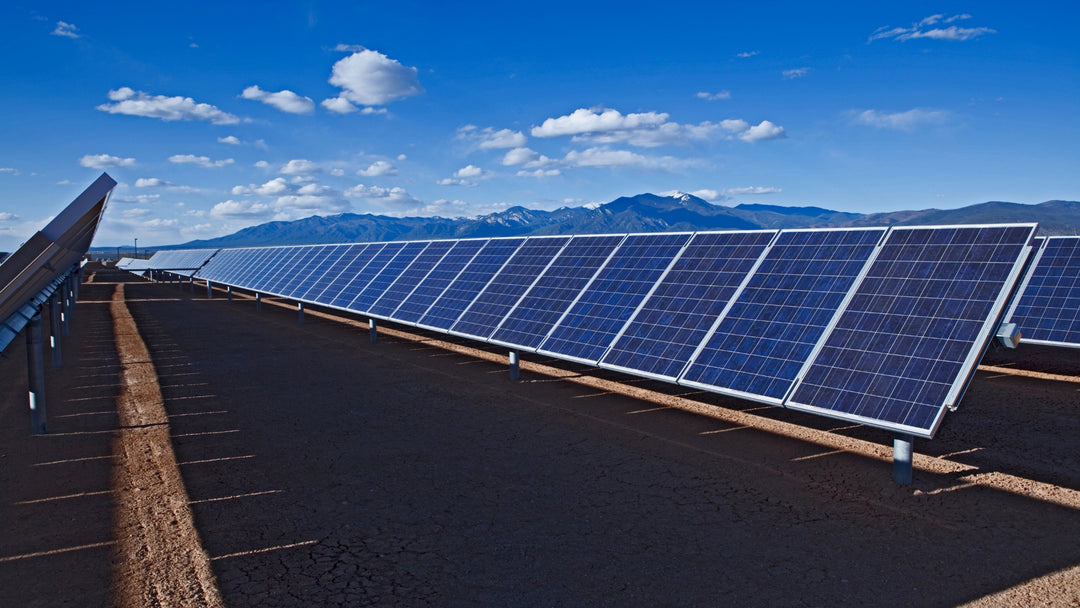Top 5 Challenges for Renewable Energy
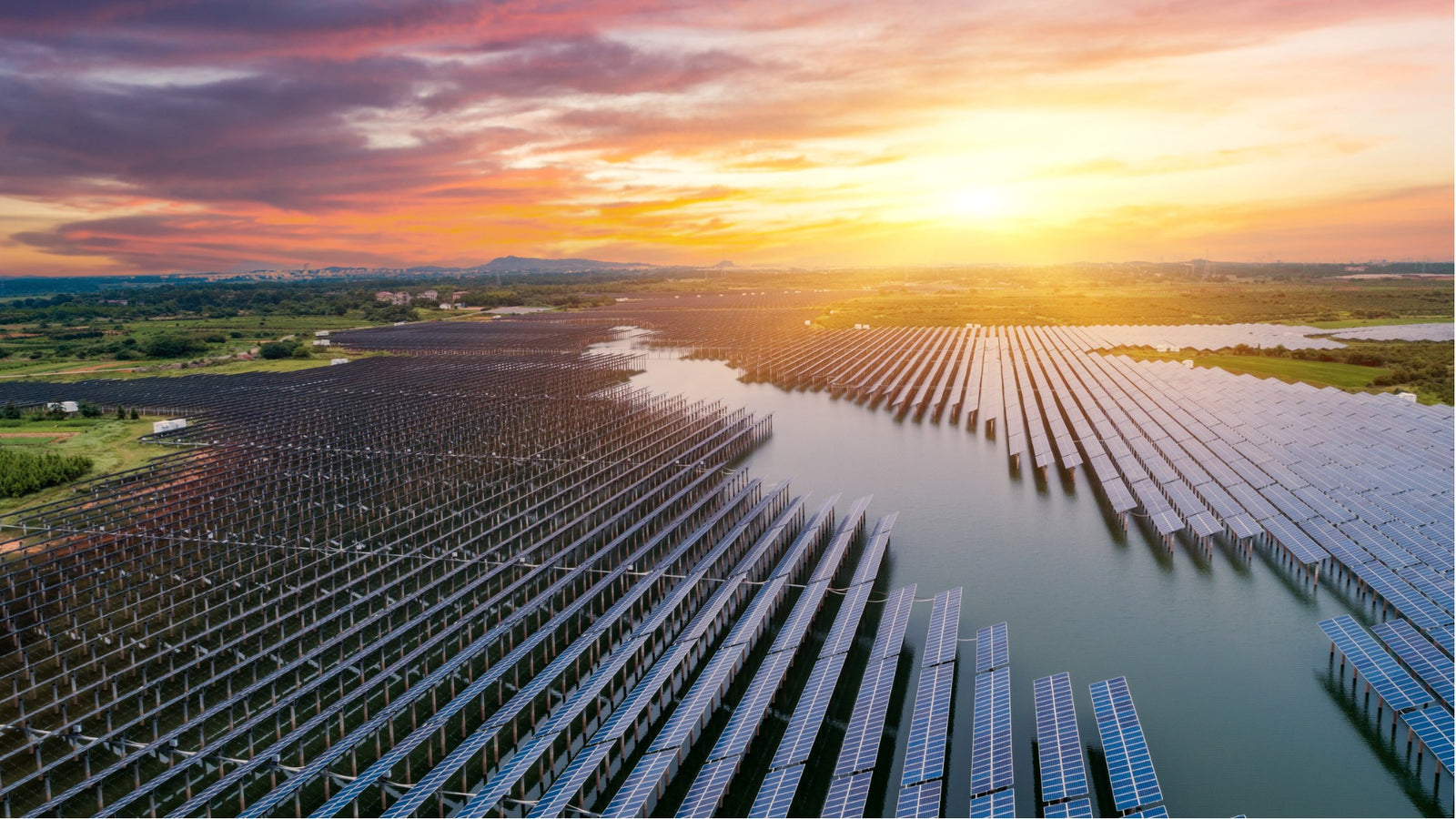
The international political will to accelerate a green transition has never been stronger, with the creation of an annual COP climate summit and the adoption of new national and regional climate policies. However, there are still several obstacles that must be overcome to successfully transition away from a reliance on fossil fuels to green alternatives for a decarbonized future.
Public Policy Goals are Key to the Energy Transition
One of the most effective ways to set a country’s green energy agenda is through the development of national climate policies. We believe these policies should be informed by recommendations and best practices from international organizations such as the International Energy Agency (IEA) and The International Renewable Energy Agency (IRENA). In addition, they should be country-specific, considering the country’s resources and core industries.
Setting national decarbonization and environmental protection targets can help to encourage private actors to establish objectives in line with these targets. And making national targets competitive at the global level can help accelerate the race to green.
We expect more countries around the globe to introduce fiscal policies, such as tax incentives, as seen in the Biden Administration’s Inflation Reduction Act, to drive private investment in green energy. In addition, introducing sanctions for an overreliance on fossil fuels, such as a carbon credit scheme where companies are fined for exceeding their allowance, can push companies to shift from fossil fuels to cleaner alternatives.
Supply Chain Disruptions Heighten the Risks of Delays
Following the Covid-19 pandemic the world faced severe supply chain disruptions that are still affecting the market today. Several renewable energy projects, particularly in wind and solar power, were delayed or halted due to the inability of companies to source key components for their development. While this is improving, we believe the establishment of stronger regional supply chains will be key to the future of energy security in the U.S. and other countries around the globe.
Energy Storage is Vital
Renewable energy capacity is rapidly expanding worldwide, yet much of this energy is wasted due to the lack of suitable storage solutions. As well as establishing energy infrastructure that can support new green energy projects – such as microgrids – there is a severe need for more battery storage. The use of batteries in renewable energy projects can reduce waste and ensure the grid receives a stable provision of power throughout the day and night.
Further, we believe that more mining projects need to be developed in resource-rich regions to provide the metals and minerals needed for renewable energy development. Mining activities will also help drive the lithium-ion battery market, both for energy storage and electric vehicles.
High Cost of Renewable Energy Infrastructure
While the costs of wind and solar power have fallen exponentially in recent years, many nascent green energy sources continue to be expensive to develop. For example, the construction and operation of a green hydrogen plant is significantly more expensive than a blue or grey hydrogen facility, which derives its energy from natural gas. We expect greater investment in research and development to drive innovation in transition technologies that will push down prices and encourage the adoption of a broader array of green energy sources.
Lack of Support for Developing Economies
Many developing countries have an abundance of untapped renewable energy, such as solar, wind, and hydropower. However, several countries in Asia, Africa, and Latin America lack the financing to develop their green energy sectors, often instead relying on fossil fuels for their energy security and to bring in revenue. We believe it is vital for developed nations around the globe to follow through on their pledges to fund green energy projects in developing states to support a global green transition.
Our Outlook Remains Positive
There is a multitude of challenges that stand in the way of the global green transition. Although many countries around the world are eager to develop their renewable energy capacity, many face limitations in expansion. We expect greater investment in research and development to drive innovation. In addition, the establishment of national climate policies, the development of regional supply chains, and the rollout of suitable energy infrastructure with energy storage solutions will help advance the industry and support a green transition.


